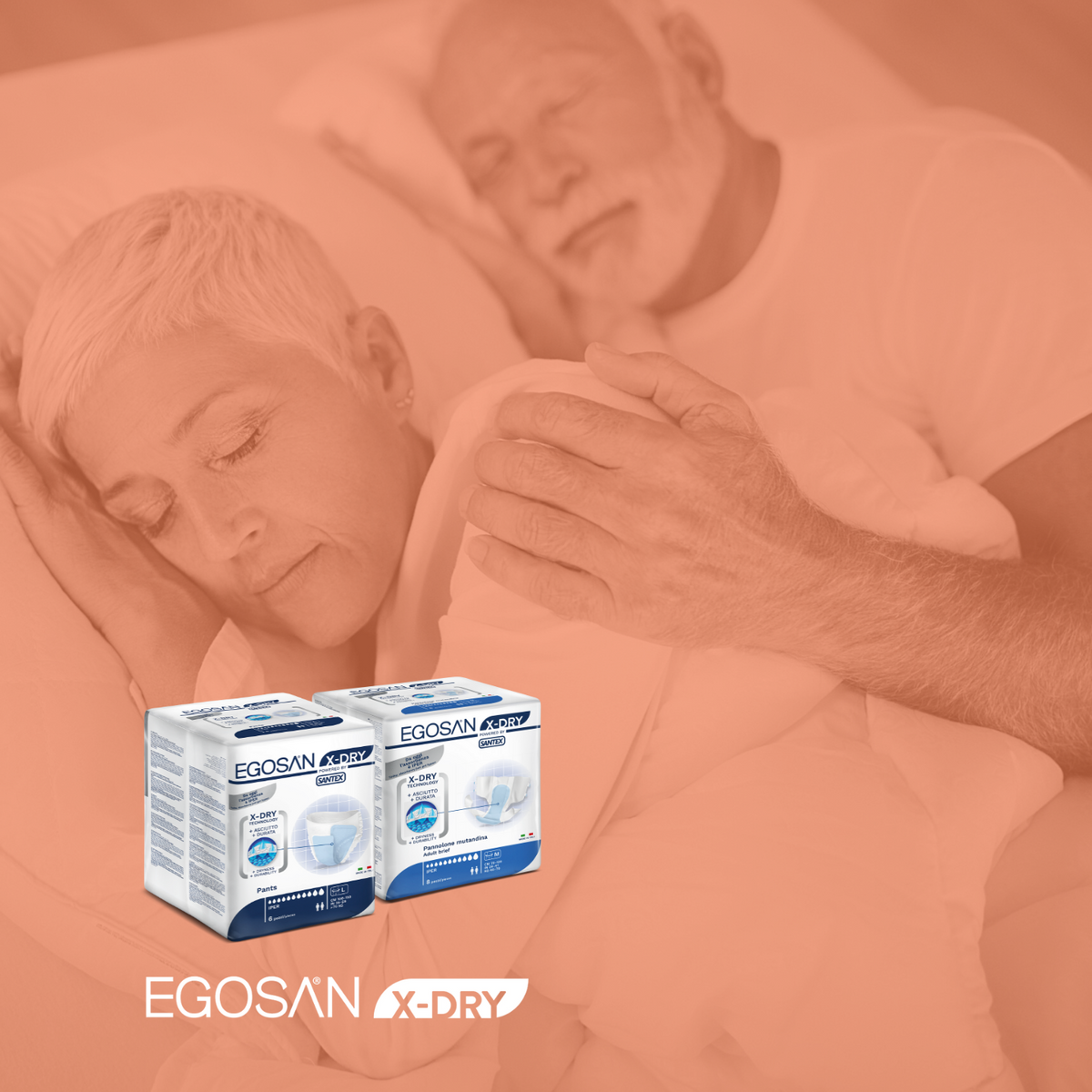Bladder Cancer: Incontinence Can Be a Side Effect

Bladder cancer isn’t a common condition, but the American Cancer Society estimates that there will be 83,730 new cases of bladder cancer (about 64,280 in men and 19,450 in women) and about 17,200 deaths from bladder cancer (about 12,260 in men and 4,940 in women) in 2021. That isn’t something to ignore, either.
Bladder cancer tends to occur in older people with about nine out of 10 people who develop this cancer being over the age of 55. The average age of people when they are diagnosed is 73. Though each person's risk of developing the cancer is individual, it will affect approximately one in 27 men and one in 89 women.
The Society explains that about half of all bladder cancers are first found while the cancer is still in the inner layer of the bladder wall with about one in three bladder cancers having spread into deeper layers though these are still only in the bladder. In most of the remaining cases, the cancer has spread to nearby tissues or lymph nodes outside the bladder. Only rarely has it spread to distant parts of the body. As with nearly all cancers, the earlier that someone is diagnosed the better the survival rate.
The most common symptom of bladder cancer is hematuria, or blood in the urine which may be noticeable or not. As the disease progresses, pain may also be experienced during urination. Other symptoms can include frequent urination and burning during urination or difficulty urinating, a weak stream, or the inability to urinate at all.
Incontinence and bladder cancer
Both bladder cancer itself and the methods used to treat it can cause incontinence.
While uncommon, incontinence can be a symptom of bladder cancer due to tumors or structural changes. Since both bladder cancer and incontinence are more common in the older population, this cause for incontinence can be missed. This is one reason why bladder habits that have changed should be reported to your doctor.
Much more frequently, incontinence can become a side effect of any form of bladder cancer treatment. From having parts of the bladder removed to chemotherapy, radiation, and immunotherapy, these treatments can leave the patient dealing with incontinence. Incontinence is a small price to pay for one’s life and can be dealt with efficiently.
If you or someone you love is dealing with the effects of bladder cancer or the treatment of the disease, Egosan is here to help. With the most high-tech incontinence products available, Egosan provides efficient absorbency, outstanding odor control, soft fabric-like exteriors for comfort and quietness, and aloe infusion for skin health. Egosan products will help you get on with your life least intrusive way possible.
***
Discover the Difference. EGOSAN - the Top-Rated incontinence brand from Italy. Now Available on Amazon.




